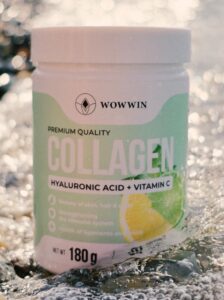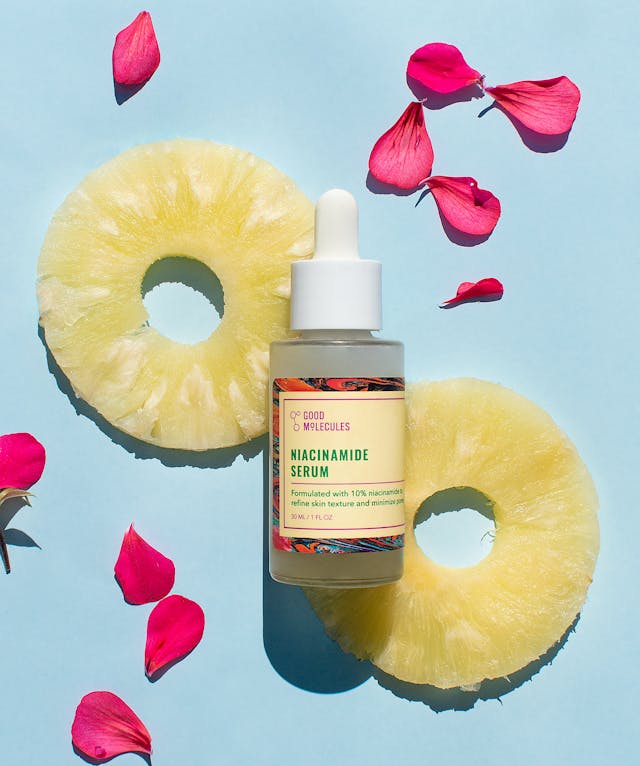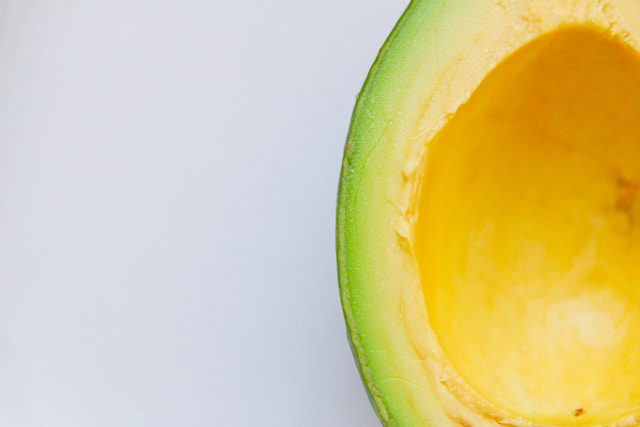What Are the Benefits of Collagen? Plus Natural Remedies Rich in Collagen
Collagen, often referred to as the “glue” of the body, is a vital protein that forms the building blocks of our skin, bones, muscles, tendons, and ligaments. It provides structure, strength, and elasticity to tissues, making it essential for overall health and vitality. As we age, our body’s natural collagen production declines, leading to wrinkles, joint pain, and other signs of aging. This has fueled interest in collagen supplements and natural ways to boost collagen levels.
In this article, we’ll explore the benefits of collagen and identify natural remedies rich in collagen or that promote collagen production in the body.
What Is Collagen?

Collagen is the most abundant protein in the human body, making up about 30% of the body’s total protein content. It is composed of amino acids, primarily glycine, proline, and hydroxyproline, which are essential for maintaining skin elasticity, bone density, and joint health.
There are several types of collagen, but the most common are:
- Type I: Found in skin, bones, tendons, and ligaments.
- Type II: Found in cartilage.
- Type III: Found in skin, muscles, and blood vessels.
Benefits of Collagen
1. Improves Skin Health
Collagen plays a key role in maintaining skin elasticity, hydration, and firmness. As we age, the natural loss of collagen contributes to sagging skin and wrinkles. Supplementing with collagen has been shown to improve skin texture, reduce fine lines, and enhance hydration.
Example: Studies indicate that taking collagen peptides daily for 8-12 weeks can increase skin elasticity and hydration.
2. Strengthens Hair and Nails
Collagen helps maintain the strength and structure of hair and nails. A deficiency can lead to brittle nails and thinning hair. Collagen supplementation has been associated with improved nail growth and reduced breakage.
3. Supports Joint Health
Collagen is a major component of cartilage, the tissue that cushions joints. It helps reduce inflammation and pain in people with joint disorders like osteoarthritis. Regular collagen intake can also support mobility and flexibility.
Example: Research has shown that consuming collagen for 6 months can reduce joint pain in athletes and individuals with arthritis.
4. Promotes Bone Strength
Bones are largely made of collagen, which provides them with structure and strength. With age, collagen levels decline, leading to a loss in bone density and increased risk of fractures. Collagen supplements can help improve bone mineral density and slow the effects of osteoporosis.
5. Boosts Muscle Mass
Collagen accounts for 1-10% of muscle tissue and is crucial for maintaining muscle strength and recovery. Supplementing with collagen, especially when combined with resistance training, has been shown to promote muscle growth.
6. Improves Gut Health
Collagen supports the lining of the gastrointestinal tract, making it beneficial for those with conditions like leaky gut syndrome or irritable bowel syndrome (IBS). The amino acids in collagen help repair damaged intestinal walls and reduce inflammation.
7. Enhances Heart Health
Collagen contributes to the structure of blood vessels, promoting cardiovascular health. A lack of collagen can lead to weakened arteries, increasing the risk of atherosclerosis. Regular collagen supplementation helps maintain healthy blood vessel walls and circulation.
Natural Remedies High in Collagen
While collagen supplements are popular, many natural foods and remedies can help boost your body’s collagen levels. These remedies include both direct sources of collagen and foods that promote collagen production by providing necessary nutrients.
Foods Naturally High in Collagen
- Bone Broth
Made by simmering animal bones and connective tissues, bone broth is one of the richest natural sources of collagen. It’s packed with gelatin (a form of cooked collagen), minerals, and amino acids.
How to Use: Drink a cup of bone broth daily or use it as a base for soups and stews.
- Chicken Skin and Cartilage
Chicken, especially the skin and cartilage, is rich in collagen. Many collagen supplements are derived from chicken cartilage.
Example: Use chicken carcasses to make collagen-rich broth or include chicken skin in your meals (in moderation).
- Fish and Shellfish
Fish skin, scales, and cartilage are excellent sources of marine collagen, which is easily absorbed by the body.
Example: Include salmon or cod with the skin intact in your meals.
- Egg Whites
Egg whites contain glycine and proline, two amino acids necessary for collagen production.
How to Use: Add egg whites to your omelets, smoothies, or baked goods.
- Gelatin
Gelatin is a cooked form of collagen commonly used in desserts like jellies. It provides many of the same benefits as collagen.
How to Use: Add unflavored gelatin powder to soups, smoothies, or beverages.
Foods That Boost Collagen Production
- Citrus Fruits
Rich in vitamin C, citrus fruits like oranges, lemons, and grapefruits are essential for collagen synthesis.
How to Use: Start your day with fresh orange juice or add lemon slices to water.
- Leafy Greens
Spinach, kale, and other leafy greens are high in chlorophyll, which has antioxidant properties that protect collagen in the skin.
How to Use: Include a salad or green smoothie in your daily diet.
- Berries
Berries like strawberries, blueberries, and raspberries are rich in antioxidants that protect collagen from free radical damage.
How to Use: Add berries to your oatmeal, yogurt, or smoothies.
- Nuts and Seeds
Walnuts, chia seeds, and flaxseeds are rich in omega-3 fatty acids, which support collagen production and skin hydration.
How to Use: Sprinkle seeds over your meals or enjoy a handful of nuts as a snack.
- Garlic
Garlic contains sulfur, which helps synthesize collagen and prevent its breakdown.
How to Use: Add minced garlic to stir-fries, soups, or roasted vegetables.
- Tomatoes
High in lycopene, tomatoes help protect collagen from UV damage.
How to Use: Add fresh or cooked tomatoes to salads, pasta sauces, or soups.
Lifestyle Habits to Support Collagen Production
- Stay Hydrated: Proper hydration supports skin elasticity and overall collagen health.
- Protect Your Skin: Use sunscreen to prevent collagen breakdown caused by UV rays.
- Avoid Smoking and Excess Alcohol: These habits damage collagen and slow production.
- Exercise Regularly: Physical activity boosts circulation and supports collagen production.
Conclusion
Collagen is a cornerstone of health and beauty, supporting everything from skin elasticity to joint health and muscle strength. While collagen production naturally declines with age, incorporating collagen-rich foods and natural remedies into your diet can help maintain youthful skin, strong bones, and overall vitality.
By focusing on nutrient-dense foods like bone broth, fish, leafy greens, and citrus fruits, and adopting a healthy lifestyle, you can naturally boost your body’s collagen levels for long-lasting health benefits.




